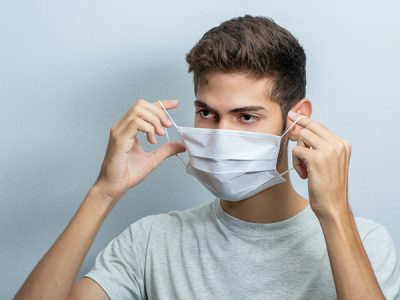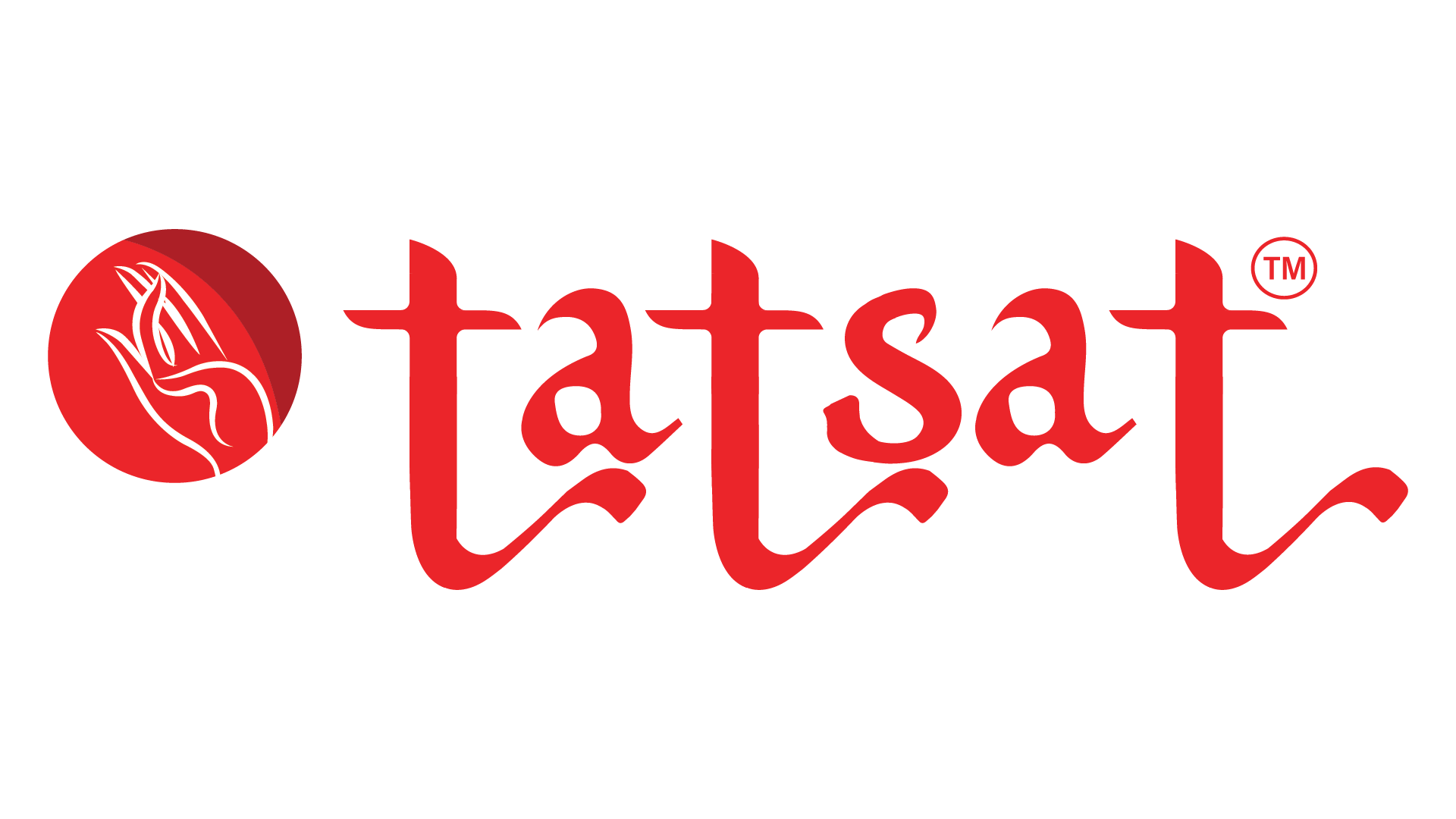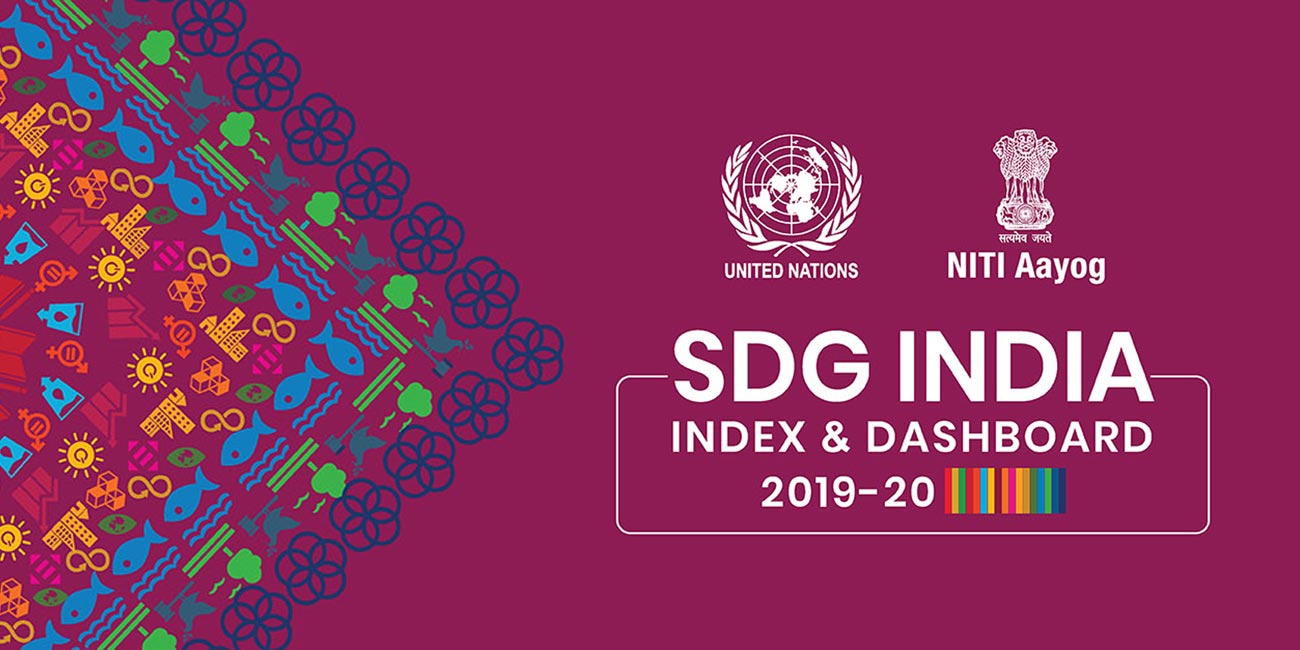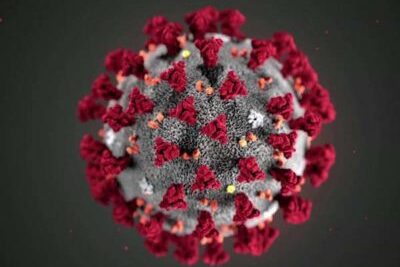
Lancet study says masks have been effective in controlling COVID
A new study published recently in The Lancet Digital Health journal points out that mask-wearing is associated with better control of COVID-19 transmission in the community. The study links data from a survey of more than 3,00,000 people in the US with localised estimates of virus transmission based on the reproductive numbers (https://www.thelancet.com/journals/landig/article/PIIS2589-7500(20)30293-4/fulltext).
According to the study, a 10 per cent increase in self-reported mask-wearing was associated with a more than three-fold better odds of keeping the instantaneous reproductive number (Rt), which measures the number of secondary cases arising from a single case for a given time point, below 1. An Rt number below 1 is considered a key sign that virus transmission is slowing, the report mentions.
The study does not prove that mask-wearing is directly responsible for slowing virus transmission. It is possible that people who report wearing masks may also engage in other behaviours that reduce their risk of COVID-19 infection, such as increased hand washing. However, the findings lend further support for community adoption of face masks as an important, non-pharmaceutical intervention for reducing SARS-CoV-2 transmission.
Professor John Brownstein, senior author of the study, from Boston Children’s Hospital, has been quoted in the study as saying: “Wearing face masks or face coverings in public spaces has been mandated by governments around the world to try and stem transmission of COVID-19. The aim is to provide a physical barrier that prevents the spread of virus-laden droplets. However, past evidence on the effectiveness of mask use against COVID-19 transmission is mixed and setting up randomised controlled trials to investigate this is challenging. Our findings, based on observational data, suggest a community benefit for wearing face masks for slowing the transmission of COVID-19; however, mandates alone may not be enough to increase mask use. We recommend that policy-makers consider additional strategies to evaluate and increase mask usage in order to disrupt the ongoing COVID-19 epidemic.”
In India, homemade, three-layered, masks have been recommended by the government. To make masks an effective barrier against virus transmission, the government’s guidelines are as follows (https://swachhindia.ndtv.com/coronavirus-outbreak-government-issues-guidelines-for-proper-mask-use-to-combat-covid-19-42372/):
* Unfold pleats of the mask; make sure that they are facing down
* Change the mask after six hours or as soon as it becomes wet
* Place the mask over your nose, mouth and chin and ensure there are no gaps on either side of the mask. Adjust to fit
* Never reuse disposable masks and dispose the used masks into closed bins after disinfecting them
* Avoid touching the mask while using it
* Do not touch the potentially contaminated outer surface of the mask while removing it
* Do not leave the mask hanging from the neck
* After removal of mask, clean your hands with soap and water or use alcohol-based hand rub disinfectant.
Even as the vaccination drive has started in the country, precautionary measures like that of wearing masks and washing hands have to be duly followed. Prime Minister Narendra Modi sounded the cautionary note while rolling out the vaccination program. “I request you not to make the mistake of taking off the mask and not maintaining social distancing after getting the first dose because immunity develops after the second dose,” the Prime Minister said (https://www.hindustantimes.com/india-news/dont-make-mistake-of-taking-off-mask-after-getting-1st-dose-of-vaccine-pm-modi-101610773678446.html). Remaining diligent and following precautionary measures will go a long way in this fight against the virus.




